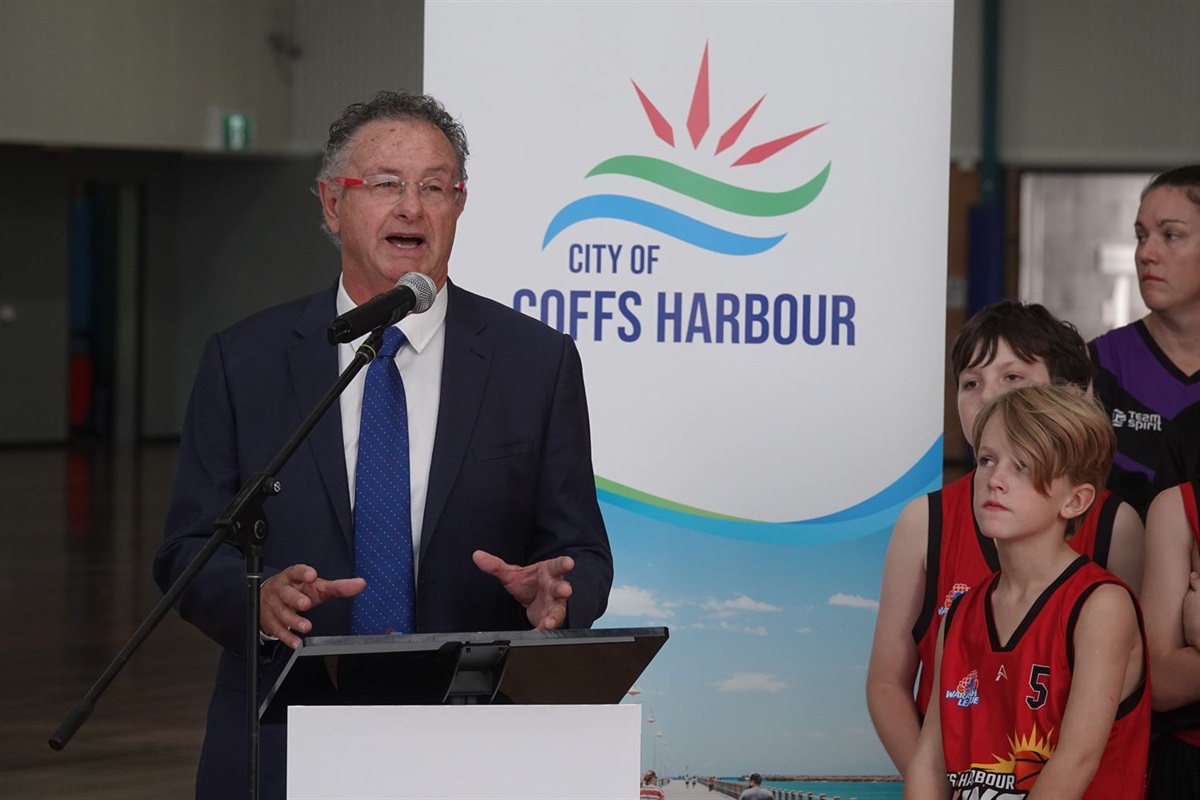 Image by Nathan Dumlao via Unsplash
Image by Nathan Dumlao via UnsplashMonash University’s decision to close its Centre for Theatre and Performance, which QS World University Rankings has rated among the top 20 performing arts institutions in the world, is described as “devastating” for the theatrical community and has been met by vigorous protest from its students. But plans to cut jobs at its School of Music and eliminate musicology and ethnomusicology subjects have even drawn concerted international criticism, with academics from leading overseas universities amongst 72 signatories opposing the move.
Monash became a leading national institution for musicology under the multi-award winning ethnomusicologist Margaret Kartomi, who has built up the discipline strongly over her five decades of service at the university. This new decision has shocked and dismayed many of her colleagues. In a letter to Vice-Chancellor Margaret Gardner, fellow ethnomusicologist Jonathan McIntosh, who is president of the Musicological Society of Australia and lectures at WAAPA, implored the university to change its mind. He wrote:
“For Monash to lose its musicological and ethnomusicological expertise would put the University out of step with other leading music schools globally such as Oxford, Cambridge, Durham and Manchester Universities in the UK, and Princeton, Yale, Harvard and Columbia Universities in the US. The MSA urgently requests that the University reconsider its decision and reaffirm its commitment to musicological and ethnomusicology teaching and research.”
Monash University has cited “consistently low unit enrolments” as the reason for closing its theatre degree and the musicology subjects. However, it has come under fire for using inaccurate data to justify its decision, with one of its own PhD graduates in music performance claiming that “every year between 700 and 800 students from all faculties come to music to study subjects in ethnomusicology and musicology.”
The School of Music employs 15 fulltime staff, three of whom are ethnomusicology and musicology specialists. The Centre for Theatre and Performance operates on 11 staff. All are in line to lose their jobs under the present proposal.
Many students have also been shocked by the decision. Michelle Lane, the parent of one VCE (Victorian Certificate of Education) student who has been wanting to enrol in Monash University’s music theatre minor and music major subjects, described to Music Australia how traumatic it has been for her daughter:
“She is devastated that these areas may no longer be offered at the same level, particularly the musical theatre component because Monash is really the only place you can do it in Melbourne whilst simultaneously studying broader arts subjects, which broaden employment options and provide intellectual stimulation. The alternatives for musical theatre like VCA require elite level dance skills and are 9-6pm intensive daily on core content.”
“The Monash industry artists in residence program and its support from the Pratt family is also a big draw card for students. Announcements like these right before the VCE exam period and the deadline for VTAC course applications are causing kids stress who have already had enough to cope with.”
Compounding students’ stress is the Federal Government’s recently announced hike in the cost of humanities degrees. This will more than double from the beginning of 2021.
Another problem hitting the university sector right now is the shedding of casual staff. The alarming drop in income from international students has led many institutions to cut costs by ceasing casual teaching contracts. More than half of the nearly 12,500 staff nation-wide who have lost their jobs during COVID are casuals, reports The Guardian. The University of Adelaide is just one institution that has dropped all casual teaching, including in musicology and other music subjects.
There is no safety net for casual staff either. Even though many might have been employed regularly over many years, if an employer considers them independent contractors rather than employees, and does not provide financial compensation for lost entitlements, casual lecturers may not receive superannuation, sickness insurance, workers compensation or leave. This is a problem highlighted by the National Tertiary Education Union, which has criticised some higher education providers of wage theft and sham contracting. JMC Academy is one tertiary music institution that is currently facing court action over alleged unpaid worker entitlements.






